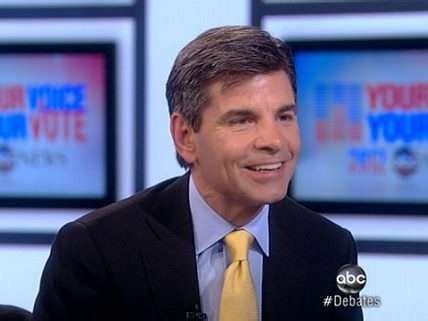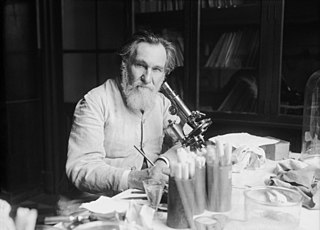A Quote by Philipp Meyer
Fundamentally, all art is about human beings. You're always showing larger moral questions through the smaller moral, philosophical, or political choices through one character in the book.
Related Quotes
There are some things fundamentally off about the stance of the book. And maybe that's okay; maybe every book is flawed, and great books, as flawed as they might be, articulate a moral argument that the reader then carries forward. The critique to this model is, of course, to ask: Should a book be ever so perfect that you come out of it with complete moral agreement that can be sustained?
The recent past is full of diverse examples of writers - Mahfouz in Egypt, Pamuk in Turkey, and more interestingly, Pasternak in the Soviet Union - who have conducted their arguments with their societies and its political arrangements through their art in subtle, oblique ways. They didn't always have the license to make bold pronouncements about freedom, democracy, Islam, and liberalism, but they exerted another kind of moral authority through their work.
The Negro problem, like all other political problems, is fundamentally a moral issue. This is realism, not idealism. Those of my colleagues who believe that they are particularly 'hard boiled' because they overlook the fact that human beings are struggling for their consciences are simply unrealistic.
"Judge not, that ye be not judge"... is an abdication of moral responsibility: it is a moral blank check one gives to others in exchange for a moral blank check one expects for oneself. There is no escape from the fact that men have to make choices; so long as men have to make choices, there is no escape from moral values; so long as moral values are at stake, no moral neutrality is possible. To abstain from condemning a torturer, is to become an accesory to the torture and murder of his victims. The moral principle to adopt... is: "Judge, and be prepared to be judged."
Human beings have rights, because they are moral beings: the rights of all men grow out of their moral nature; and as all men havethe same moral nature, they have essentially the same rights. These rights may be wrested from the slave, but they cannot be alienated: his title to himself is as perfect now, as is that of Lyman Beecher: it is stamped on his moral being, and is, like it, imperishable.
From cradle to grave this problem of running order through chaos, direction through space, discipline through freedom, unity through multiplicity, has always been, and must always be, the task of education, as it is the moral of religion, philosophy, science, art, politics and economy; but a boy's will is his life, and he dies when it is broken, as the colt dies in harness, taking a new nature in becoming tame.
By "moral discipline," I mean self-discipline based on moral standards. Moral discipline is the consistent exercise of agency to choose the right because it is right, even when it is hard. It rejects the self-absorbed life in favor of developing character worthy of respect and true greatness through Christlike service.
I think we're already getting to a stage where the basic artificial intelligences are discovering moral systems. I think, in many ways, moral systems are simply things that we have programmed into ourselves, either through childhood or just through genetic, ingrained ideas. So the same thing applies when you talk about machines.




































